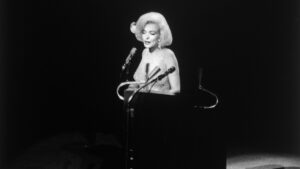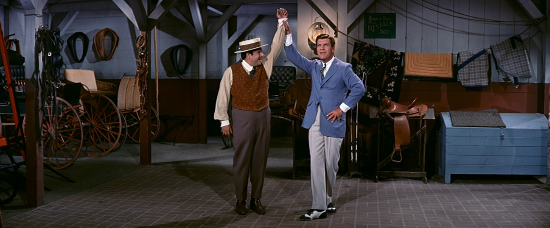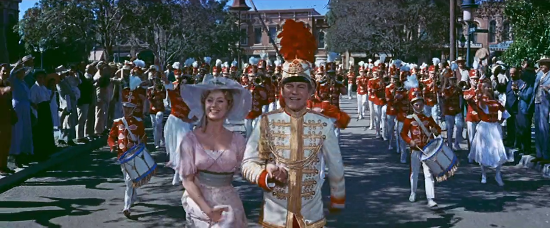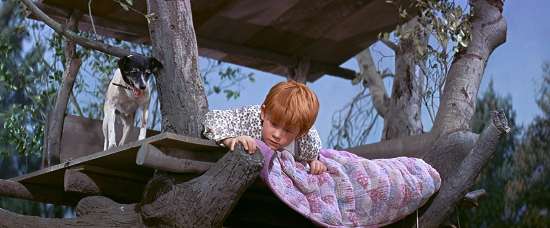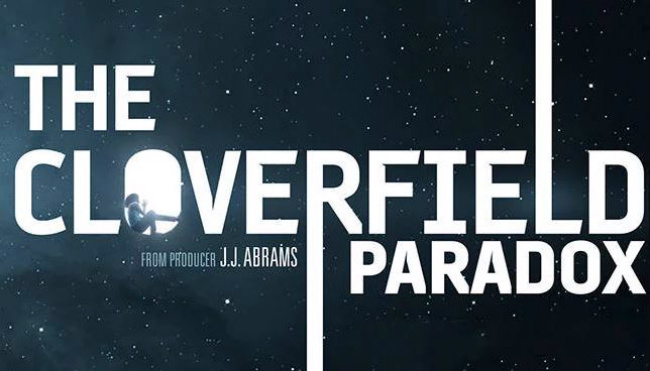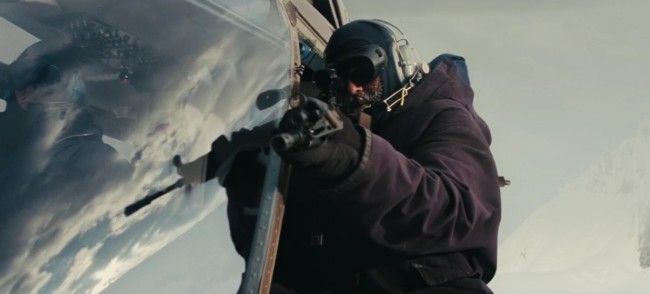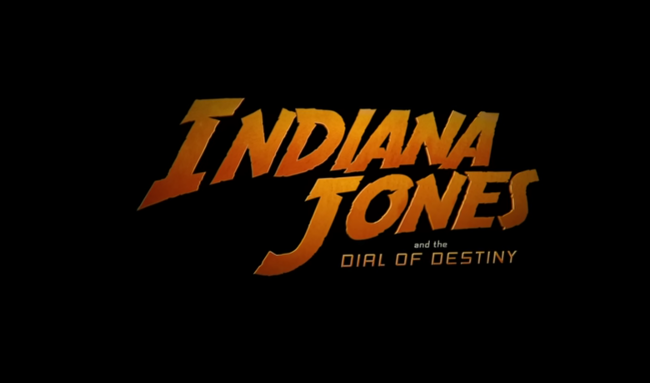Best Picture This: The 1963 Academy Awards- Meredith Willson’s The Music Man

Best Picture nominee at the 1963 Academy Awards is watched and reviewed. Is it a Keeper? Is it a KIck? Read on and find out.
Meredith Willson’s The Music Man
Make sure your trombones and French horns are polished. Empty those spit valves. Get those shoes shined to mirrors and make sure your uniforms are crisp and clean. We’re heading off to The Music Man where song, dance, and marching bands are all the rage.
It’s the 1963 Academy Awards where the Best Picture nominees were:
To Kill A Mockingbird
Lawrence of Arabia
Mutiny on the Bounty
and today’s article, Meredith Willson’s The Music Man. Here’s the trailer.
History at a Glance
April 7th: Mick Jagger, Brian Jones, and Keith Richards meet Brian Jones. A year later they would meet Charlie Watts. The rest, as they say, is history.
May 19th: Marilyn Monroe sings “Happy Birthday, Mr. President” for JFK’s birthday held at Madison Square Garden.
The Music Man at a Glance
Meredith Willson’s The Music Man first appeared on Broadway in 1957. In 1962, it became a feature film that premiered to critical and fan acclaim. The movie itself is basic. A con man, Professor Harold Hill (played by Robert Preston), deceives the citizens of River City, Iowa that he’s putting a boy’s band together. During his long con he meets and falls in love with Marian the Librarian (played by Shirley Jones). Of course, this being a musical, there are plenty of songs and dance. Actually, it seems like every other scene is a song and dance number.
The Farley Award
The Music Man is a product of its time. Cinematically and cast wise, the movie is very vanilla. Apparently, River City, Iowa didn’t like people of color entering their quaint little town. In reality, it was 1962 and Hollywood wasn’t casting people of color in major feature films, Sidney Poitier being an exception.
Being very vanilla it’s a little more difficult to find the Farley Award winning scene. The choreography is great. The songs aren’t bad either. Robert Preston practically steals the move no matter how much the camera is on an eight year old Ron Howard. But a Farley Award winning scene?
When it comes down to it the Farley Award winning scene goes to the final scene of the movie. It may seem like a cop-out but the final scene sums up the entire movie, and in a clever way. The townsfolk are ready to tar and feather Professor Harold Hill after they learn of his scheme, which is never really explained to the audience how he’s making money off the con. They would have to if not for Marian’s impassioned speech.
The townsfolk don’t tar and feather Hill instead they join him in a long procession out of town to the end credits. The drab uniforms Hill bought the boys (again, how is he making money off this con?) turn into crisp, clean uniforms. The second hand instruments become bright, golden, and new. The new band marches out of town with Hill at the head and Marian joining him. Everyone is smiling.
The Golden Take
Is there a Golden Take in The Music Man? There’s nothing going on in the movie that provokes thought or deep introspection. It’s not trying to be anymore than what it is, it doesn’t want to be anything more than a musical. Perhaps The Music Man was the Academy’s counterpoint to the somber nature of the other films. So, the Golden Take may be that there is no Golden Take.
Keep It or Kick It
Honestly, The Music Man is a good movie. But that’s one of the issues with the movie, it’s only good. I can appreciate the songs and the dances. I’m not ignorant to the fact that it takes a lot of time and dedication to choreograph a movie or a Broadway play and even longer, perhaps, to perfect the dance moves. I would be lying if I didn’t say that The Music Man didn’t leave a smile on my face, but at one point I found myself dozing off. A Best Picture nominee should not put its audience to sleep. The hard truth is we’re KICKING The Music Man off its Oscar pedestal.

